Feels great to be smarter than a world leader – World leaders duped by manipulated global warming data | Daily Mail Online
The report claimed that the ‘pause’ or ‘slowdown’ in global warming in the period since 1998 – revealed by UN scientists in 2013 – never existed, and that world temperatures had been rising faster than scientists expected. Launched by NOAA with a public relations fanfare, it was splashed across the world’s media, and cited repeatedly by politicians and policy makers.
But the whistleblower, Dr John Bates, a top NOAA scientist with an impeccable reputation, has shown The Mail on Sunday irrefutable evidence that the paper was based on misleading, ‘unverified’ data. (emphasis added)
It was never subjected to NOAA’s rigorous internal evaluation process – which Dr Bates devised.
His vehement objections to the publication of the faulty data were overridden by his NOAA superiors in what he describes as a ‘blatant attempt to intensify the impact’ of what became known as the Pausebuster paper.
I’m sure social media has already started the war to discredit Dr. Bates.



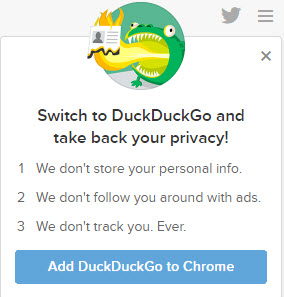
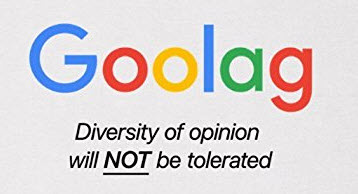
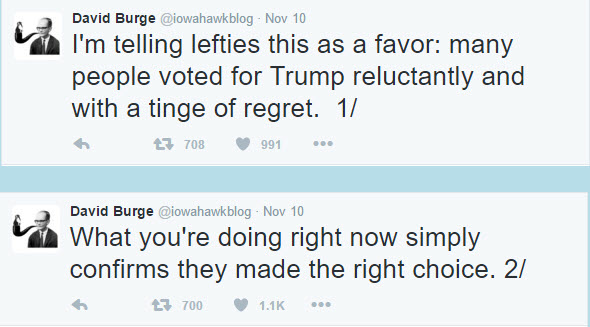
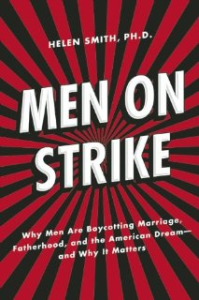

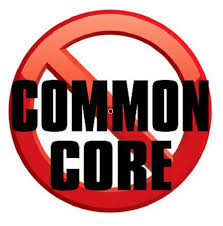

According to Dr. Richard Lindzen at MIT, this wasn’t that hard to do. He said back in about 2010 that people like the president of MIT, who were making statements like, “We must take immediate action to stop climate change,” would get the annual IPCC reports, but all they did was read the executive summaries, which were written by the political hacks at the IPCC. They didn’t bother reading the other summaries just behind that, which had some scientific content in them, and which were not as sure in their pronouncements; much less the hundreds of pages in the reports, which had technical content in them, even though they were often misattributed. As smart as these people supposedly were, they blindly trusted what they were told, and the people who wanted to perpetuate the misconception knew just how to do it so it would be accepted without question. A lot of it had to do with the notion of the reputable source, “This professional organization says it’s true, so it must be,” never bothering to test that reputation. There was social pressure not to, “You deny peer-reviewed science?”
Indeed, peer-reviewed science should be taken with a grain of salt. It turns out, stated by scientists themselves, that the people who review scientific papers for journalists are often failed scientists, who can’t cut it in the field. They often don’t understand the work that’s submitted to them, and so they reject it, when it might be valuable to the scientific community. This notion that peer review is somehow the gold standard of scientific publication is erroneous, yet I hear people who are academically trained who will often say that they trust peer-reviewed work more than material that isn’t, because what isn’t is “often quackery.” Once again, I see this as a refusal to analyze the work product, and to just go by reputation. This is a behavior pattern that shows up again and again, and it will have a tendency to allow substandard work to be accepted as “truth” by people who don’t understand that the point of science is not truth, but creating the best representations we can of what reality is like, which is just estimates, hopefully very good.
* meant to say, the people who review scientific papers for journals…